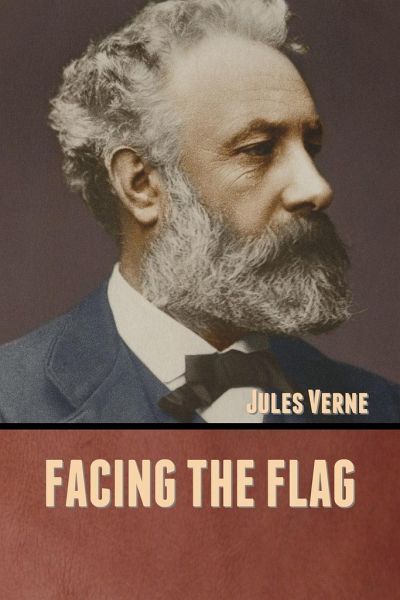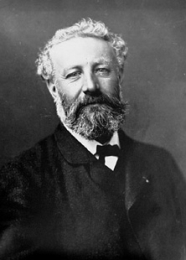
Facing the Flag
Versandkostenfrei!
Versandfertig in 1-2 Wochen
16,99 €
inkl. MwSt.

PAYBACK Punkte
8 °P sammeln!
Facing the Flag or For the Flag (French: Face au drapeau) is an 1896 patriotic novel by Jules Verne. The book is part of the Voyages extraordinaires series. Like The Begum's Millions, which Verne published in 1879, it has the theme of France and the entire world threatened by a super-weapon with the threat finally overcome through the force of French patriotism. It can be considered one of the first books dealing with problems which were to become paramount half a century after its publication in World War II and the Cold War: brilliant scientists discovering new weapons of great destructive p...
Facing the Flag or For the Flag (French: Face au drapeau) is an 1896 patriotic novel by Jules Verne. The book is part of the Voyages extraordinaires series. Like The Begum's Millions, which Verne published in 1879, it has the theme of France and the entire world threatened by a super-weapon with the threat finally overcome through the force of French patriotism. It can be considered one of the first books dealing with problems which were to become paramount half a century after its publication in World War II and the Cold War: brilliant scientists discovering new weapons of great destructive power, whose full utilization might literally destroy the world; the competition between superpowers to obtain overwhelming stockpiles of such weapons; and, efforts of other nations to join the nuclear club. (wikipedia.org)















